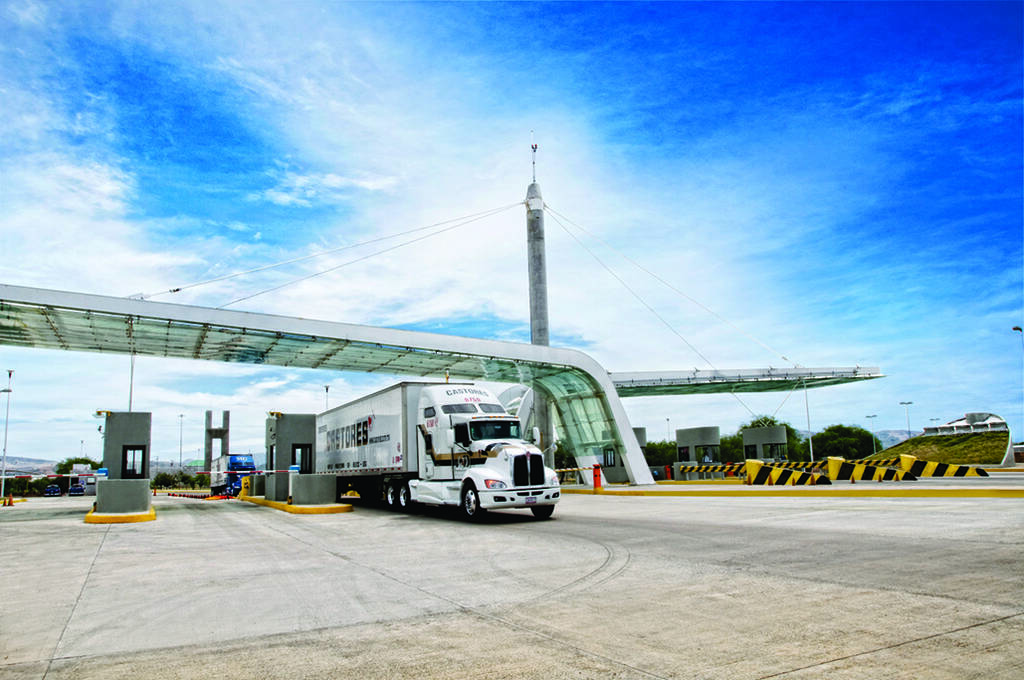The U.S. government criticized the way in which Mexico‘s customs requirements are being changed.
Their argument: Mexico continues to give short notice of changes in procedures. In addition, it inconsistently interprets regulatory requirements at different border posts and unevenly applies standards and labeling rules at the border.
Customs requirements
Mexico has 50 active customs offices. These are located at the country’s main border crossings: 19 customs offices on the northern border with the United States, and 2 customs offices on the southern border with Guatemala and Belize.
The country also has customs offices located at seaports on both the Pacific coast and the Gulf of Mexico, as well as at various strategic points throughout the Mexican Republic.
In the report Barriers to Foreign Trade 2025, USTR noted that notification of new customs or tax requirements generally occurs with only two weeks’ notice or less. This leaves U.S. exporters with very little time to adjust their systems.
In addition, USTR questioned that the deadline for submitting comments on regulatory changes is usually only seven days.
Customs Broker
Some goods still cannot be imported at all ports of entry. This restriction has complicated logistics and transportation, especially for U.S. SMEs engaged in e-commerce.
The USMCA prohibits imposing arbitrary limits on the number of ports where a customs broker may operate. However, Article 161 of Mexico’s Customs Law states that, if an agent does not belong to a customs brokerage agency, he or she may only operate in four ports.
USTR noted that the United States continues to urge Mexico to amend this law to allow brokers to work at any port where they can perform their duties.
In addition, the USMCA requires Mexico to implement a periodic payment option for express delivery shipments. As of December 2024, this had not yet been met.
On the other hand, U.S. stakeholders have raised concerns about a new requirement for access to simplified procedures for shipments valued at less than $2,500.
On October 14, 2024, the Mexican government finalized a regulation requiring delivery service providers to obtain and store the recipient’s tax identification number. Without this information, they cannot apply simplified formalities.
The USMCA establishes that shipments under US$2,500 must benefit from simplified procedures, except in cases of breakdowns to avoid formal entry. However, this new regulation prevents U.S. service providers from accessing these facilities.

